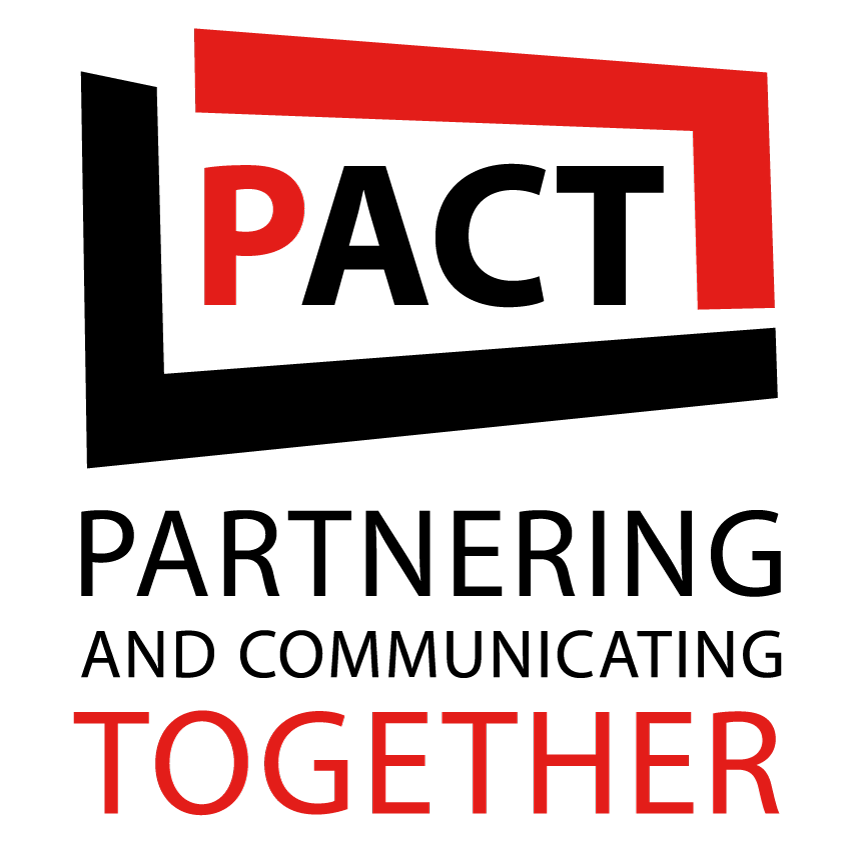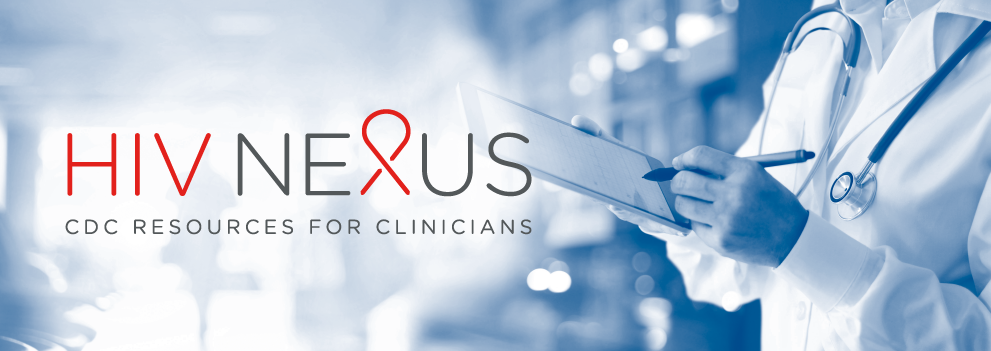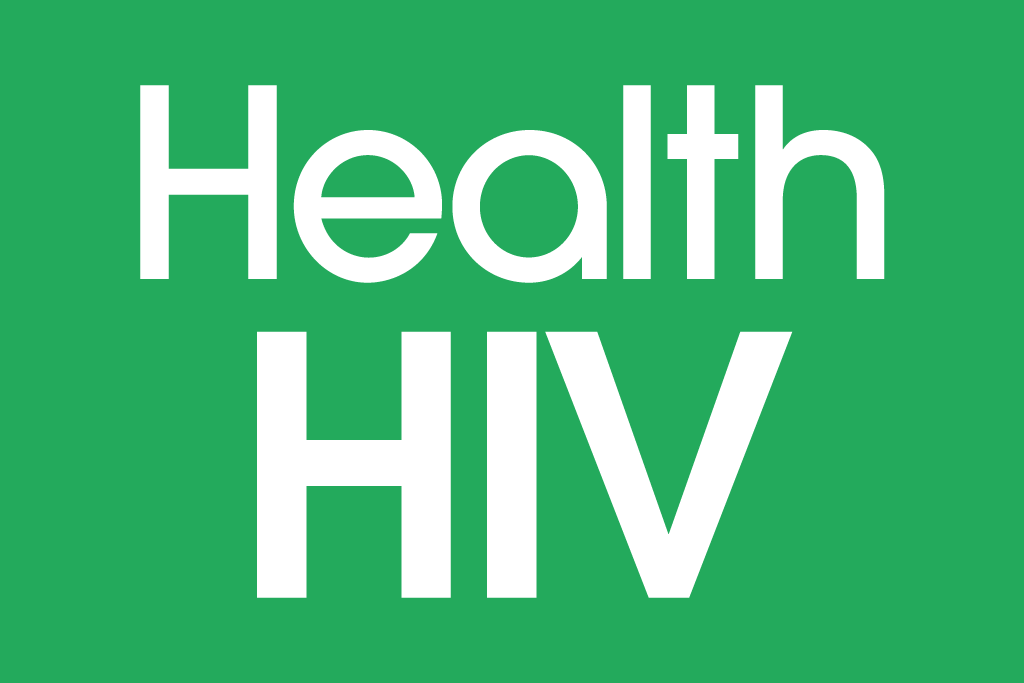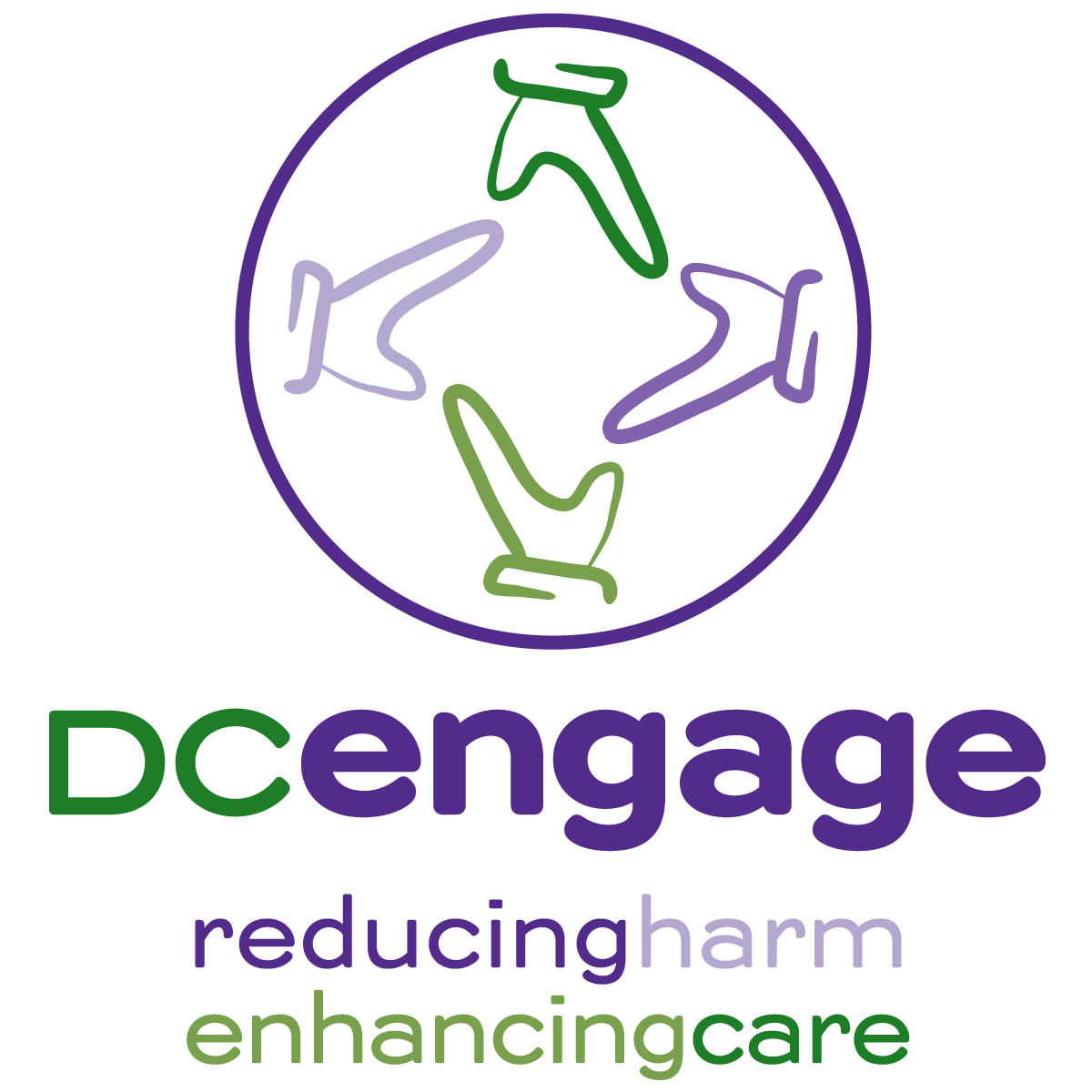
Upcoming Trainings
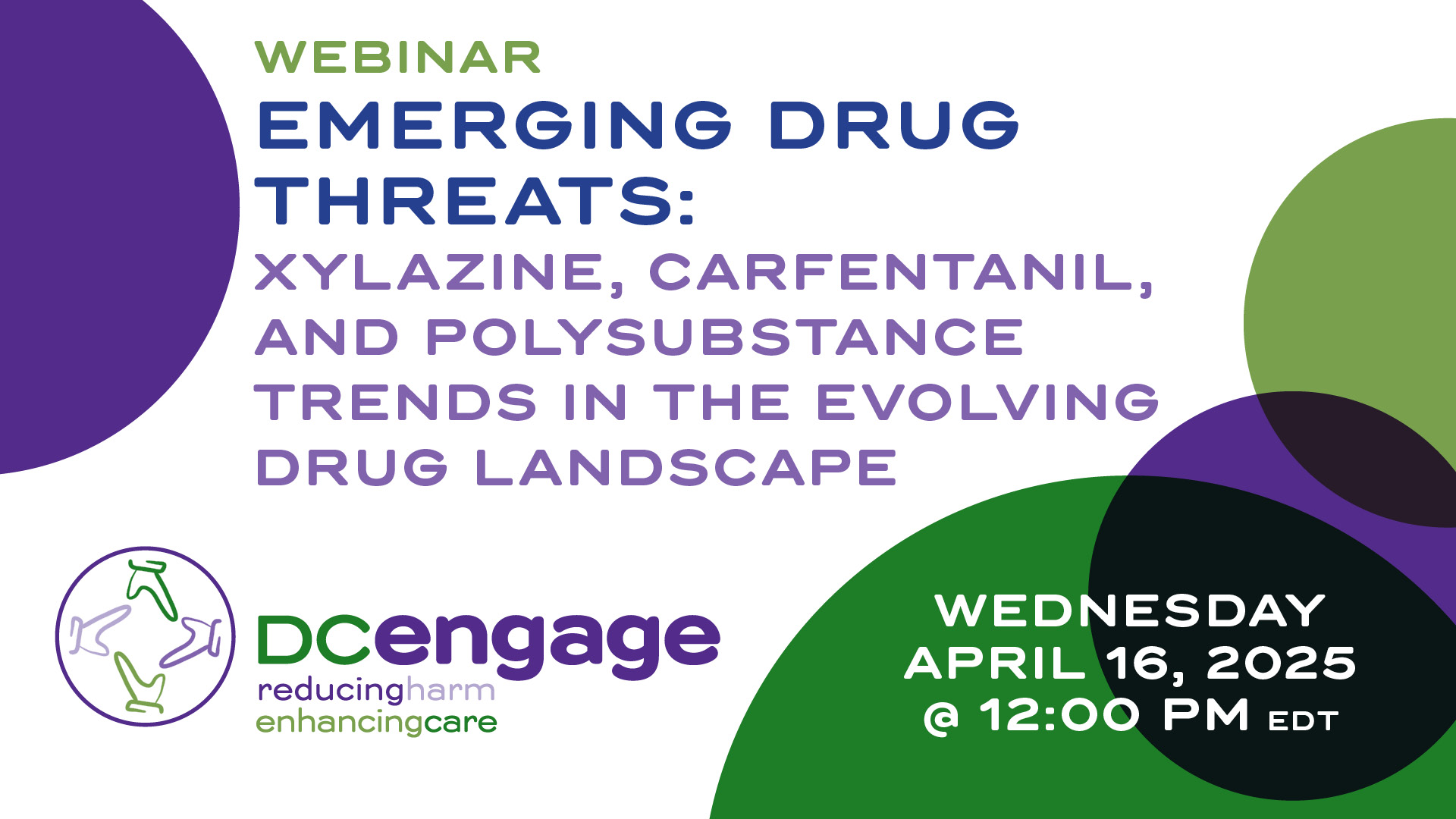
Emerging Drug Threats: Xylazine, Carfentanil, and Polysubstance Trends in the Evolving Drug Landscape
This webinar on Wednesday, April 23, 2025 at 12:00pm Eastern will explore the evolving landscape of the drug supply in Washington, DC, including emerging trends in drug use, novel psychoactive substances, adulteration patterns, and polysubstance misuse. Drawing from real-time surveillance data from the DC Department of Forensic Sciences (DFS) Public Health Laboratory (PHL), participants will gain a deeper understanding of the prevalence of substances in the illicit drug supply, their implications for overdose risk, and how innovative surveillance data may bolster traditional public health responses. Click to learn more and register.
Latest Trainings
This webinar highlights the importance of using multiple data sources to increase the efficacy of outreach, client engagement and program success.
Latest Resources
This recorded conference content was originally presented at the 3rd annual DC Engage Harm Reduction Conference in Washington, DC. Review the content at your own pace.
This 2023 Community Mapping Toolkit for D.C. Organizations details how visualizing health disparities can help outreach programs for HIV prevention. The toolkit explores how community mapping can support your work, what goes into creating a community map, and how to use mapping tools that are available online.
This resource provides general harm reduction tips for drug use and information on local harm reduction organizations.
This resource guide lists organizations in Washington, DC that offer assistance in areas including housing, harm reduction, safer sex and STI testing, food, clothing, legal, health care, and social support.

